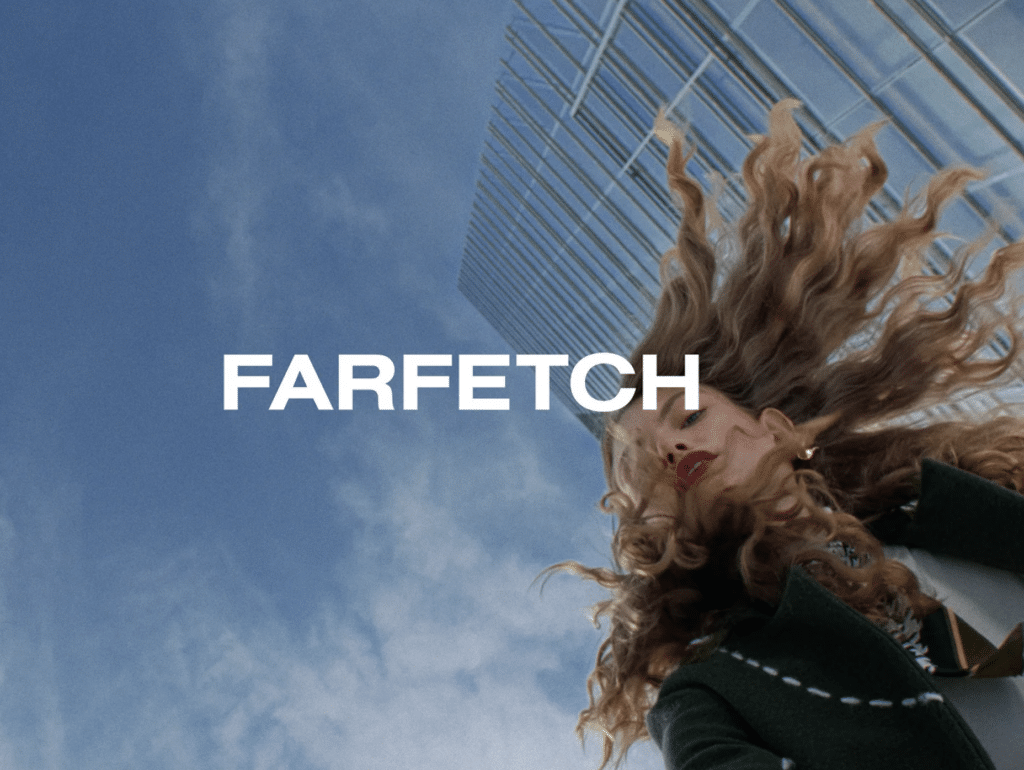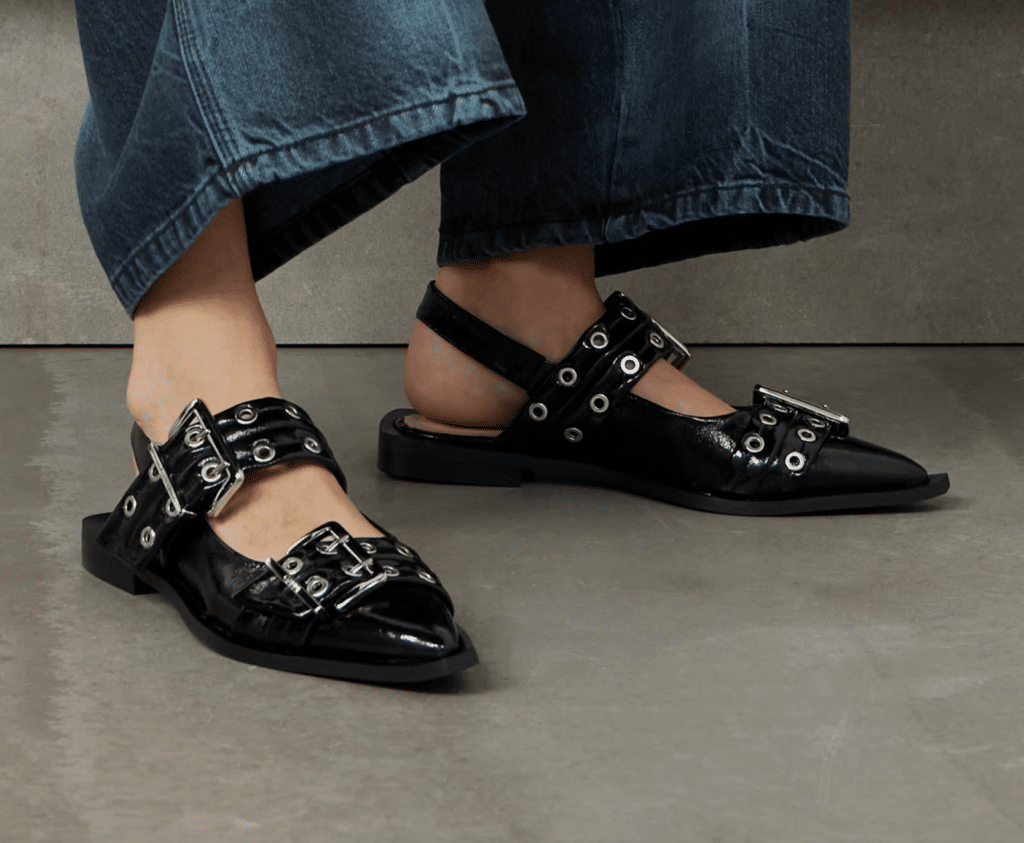What do magnetic snaps and clasps have to do with fashion? More than meets the eye, considering that they are at the center of a case slated to go before the Supreme Court this fall, one that will help to determine when it is appropriate to take the profits made by a trademark infringer and award them to the trademark holder. Or more specifically, in Romag Fasteners Inc. v. Fossil Inc., the nation’s highest court will consider whether a showing of willful infringement is required for a plaintiff to make a play for an infringer’s profits.
The Romag case got its start in 2010 when the manufacturer of magnetic snaps, clasps, fasteners, and other closures sued Fossil – and Macy’s – alleging that the American apparel company was using counterfeit fasteners on its purses, handbags, and wallets. Orange, Connecticut-based Romag alleged that while Fossil was, in fact, a client of its patent-protected magnetic closures, it had switched from an approved supplier to an unapproved one, and certain Fossil handbags sold in the U.S., thereafter, were found to contain counterfeit Romag snaps.
Given the existence of a longstanding arrangement between the two parties in connection with which Fossil agreed to use Romag closures for its products, when Fossil switched suppliers to one that was offering up the fake closures, Romag alleged that its client “knowingly adopted and used the Romag mark without [its] consent.” By using fake Romag closures for its accessories, Fossil not only ran afoul of its patents for the little metal components, but since the copycat parts bore the “ROMAG” trademark, the apparel co. was violating the tenets of trademark law, as well.
In 2014, following a trial in the U.S. District Court for the District of Connecticut, a jury found that Fossil had infringed Romag’s trademark and patents, and awarded Romag damages to the tune of $156,000 in profits “to prevent unjust enrichment” and a whopping $6.7 million – the amount of profits that Fossil made in connection with the sale of products bearing the infringing closures – “to deter future trademark infringement.”
While the jury had found that Fossil had acted with “callous disregard” for Romag’s trademark rights, it failed to find that Fossil’s violations were willful. As such, the district court refused to award Romag that full damages award, stating that “a finding of willfulness remains a requirement for an award of defendants’ profits in this Circuit.”
Unsatisfied with the lower court’s decision, Romag appealed to the U.S. District Court for the Federal Circuit, which agreed with the district court in its assertion that the U.S. Court of Appeals for the Second Circuit – the court with appellate jurisdiction for the District of Connecticut – requires a showing of willfulness in order for an award of profits.
With yet another loss in hand, Romag sought Supreme Court review of the case, and asked the highest court in the U.S. to consider whether the Lanham Act – the federal statute governing trademark law – requires a showing of willful infringement for a plaintiff to be awarded an infringer’s profits. Romag argues that the $6.7 million jury award should stand, as the jury’s finding of “gross negligence” is sufficient to constitute infringement — even without establishing willfulness.
Late last month, the Supreme Court agreed to take on the case in its session beginning in the fall. The case, itself, Bloomberg notes, “will resolve a patchwork of precedents in federal appeals courts about when intent is enough to award profits,” as four circuits have “a hard-line rule requiring willful infringement, and two more require a showing of willfulness for companies that aren’t direct competitors.” The remaining six circuits consider willfulness in determining when profit awards are appropriate but do not require a showing of it for a plaintiff to prevail.
Intellectual property attorney Peter J. Toren told the publication that “trademark cases are rarely are accepted for arguments,” while Notre Dame Law School professor Mark McKenna says that “monetary trademark infringement awards are rare because it is difficult to document [and/or quantify] damage to a brand.” Aggrieved trademark holders can, however, recover profits earned by an infringer awarded “in all circuits as a proxy for damages, but only in cases involving competitors where infringement directly shifted sales from the [trademark holder] to the infringer.”
*The case is Romag Fasteners Inc. v. Fossil Inc. et al., 18-1233.











